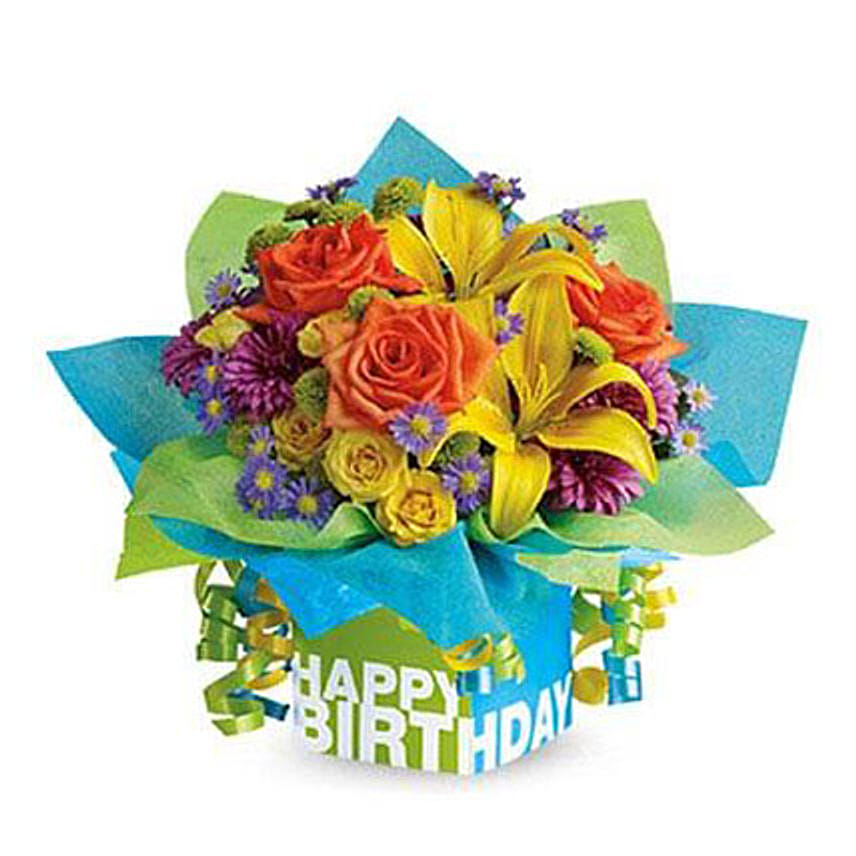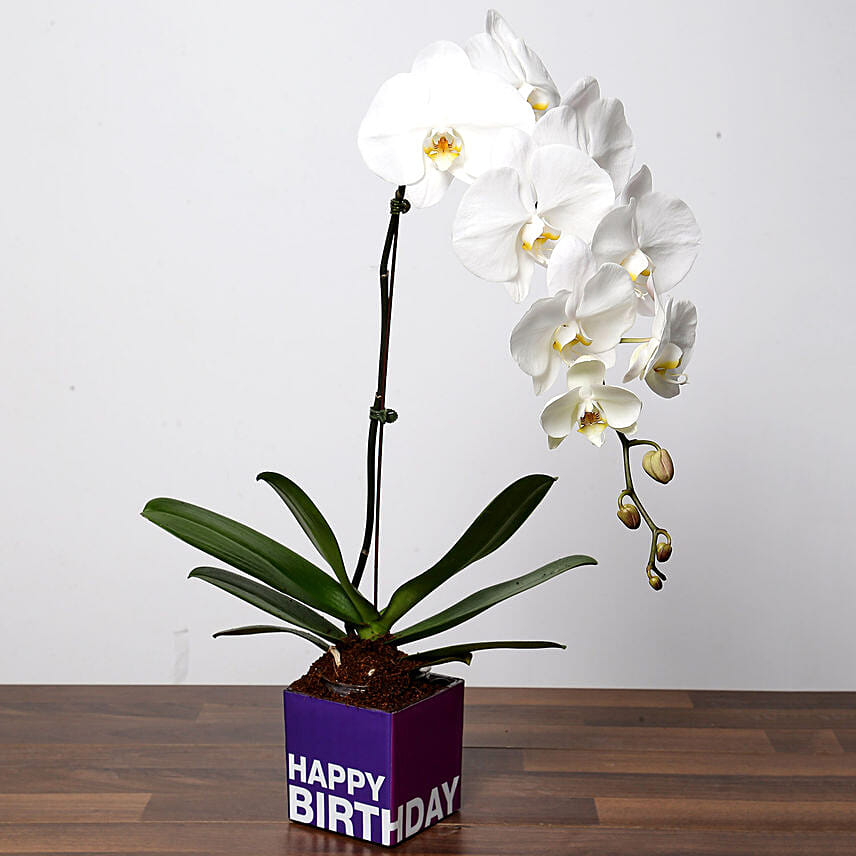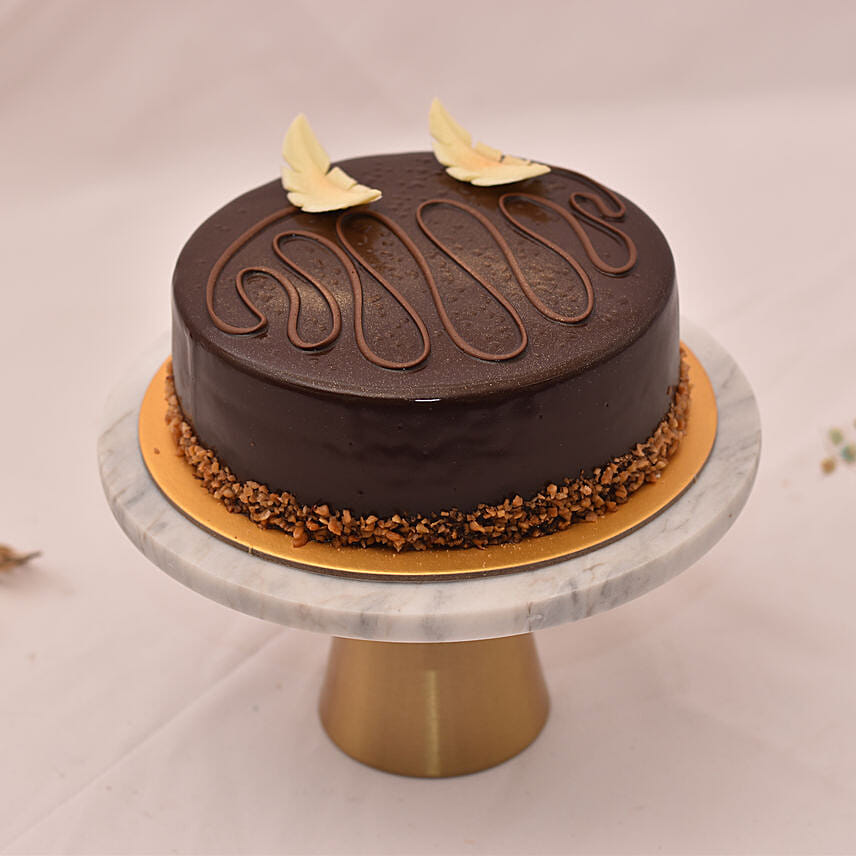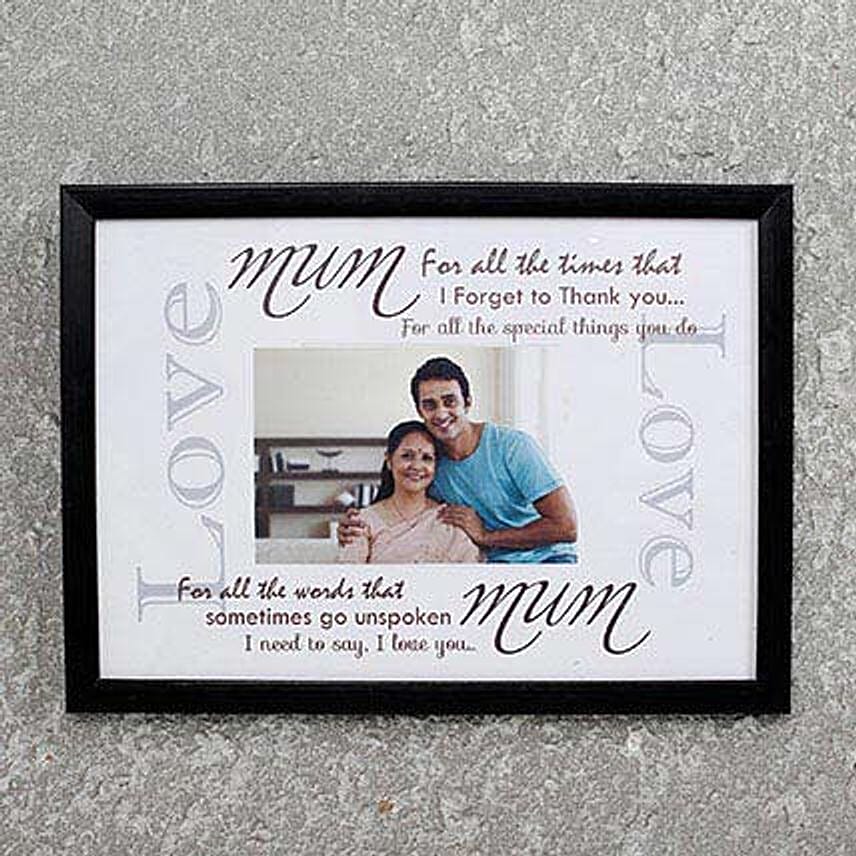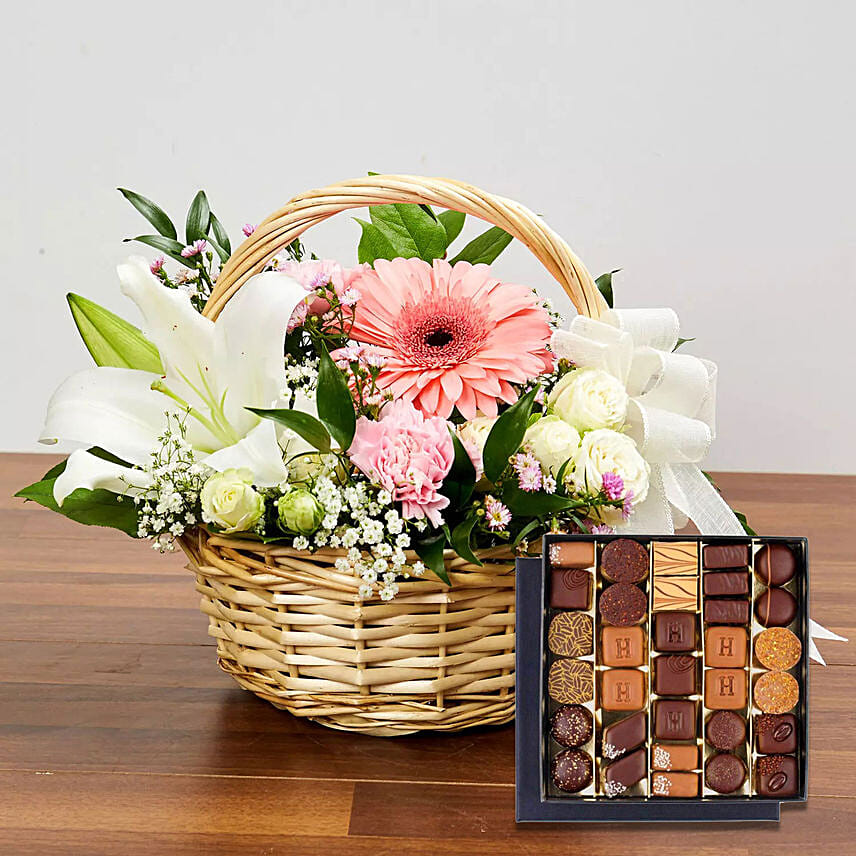When Did The Birthday Tradition Start?
We live under the misconception that birthday celebrations are a fairly recent convention. In reality, this is far from the truth. Read on to find out how and why the birthday tradition originated.
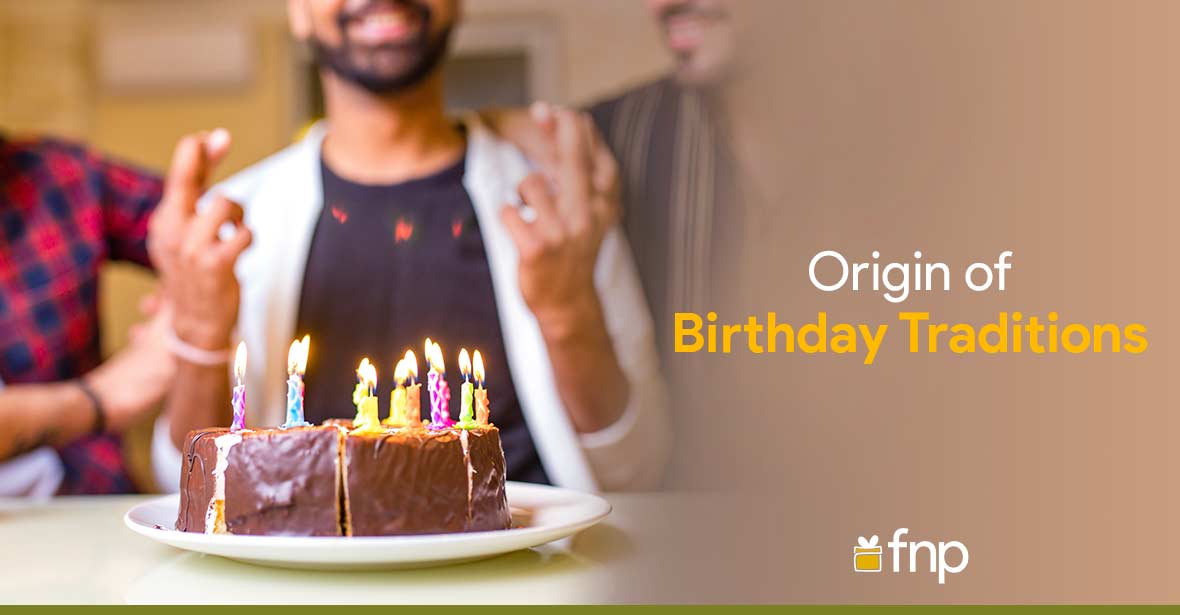
Most of us are aware of the pagans- the original settlers who had their own set of Gods and beliefs. Well, history suggests that birthday celebrations were organized by the pagans. They believed that evil spirits got their chance to possess a soul when it went through a major change, like when it turned a year older, and the celebrations were a ritual to ward off these spirits. It is from here that the custom of blowing out candles on a birthday developed because the candles were seen as a beacon of light guarding the soul against demons. It is specifically because of these pagan origins that ancient Christians refused to celebrate birthdays.
We can credit the entire concept of partying to the Egyptians. When a pharaoh was crowned, he was believed to have turned into a God. To celebrate this transformation, a banquet was arranged and festivities of epic proportions broke out throughout the land. It could also be the first stirrings of future birthday parties, since technically; the coronation date was remembered as the day the pharaoh was "reborn" as a deity.
The iconic birthday song "Happy Birthday to you" comes from a completely unrelated source. The tune for the song was taken from "Good Morning to All", a tune composed by American siblings Patty and Mildred Hill. Although this information has been subjected to a lot of debate with regards to its authenticity, it is widely accepted as fact.
No party is complete without a gorgeous birthday cake, and unsurprisingly, this tradition also dates back a few centuries. The first birthday cake appeared as a centerpiece of a dinner party table around 1650. Although it was a difficult table decoration to make, its deliciousness and grandeur made the party even more enjoyable. Since then, it is customary to include at least one cake (or cakes, depending upon the lavishness of the hosts), in celebratory proceedings.
The candles on a birthday cake, as mentioned before, have immense religious significance. They were said to be sacred and, consequently, were an important inclusion in special ceremonies. The tradition of lighting as many candles on a cake as a person's age seemed to have started in Germany in the late eighteenth century, specifically around 1798-99. The birthday person is asked to make a secret wish while blowing out the candles and it is believed that the wish will come true. But there is no concrete evidence of how this custom came into being.
Greeting cards have been around since the ancient Chinese and Egyptian civilizations, who exchanged notes of goodwill on papyrus and paper scrolls on important occasions like New Years. The tradition of sending birthday cards is native to Victorian England. Most of the cards were made by hand back in those days. Today, a large variety of printed birthday cards are available, though handmade cards have not lost their charm.
In ancient times, birthdays were only reserved for monarchs and Gods. It was the Romans who started birthday celebrations for common men, but only the male population. The 50th birthday party was held especially auspicious, and the birthday boy would get a "cake" made of flour, oil, honey and cheese. Sadly, female birthdays were not celebrated until the 12th century.




